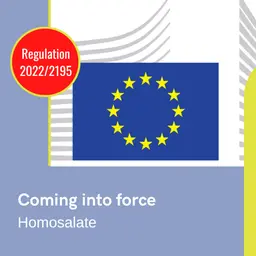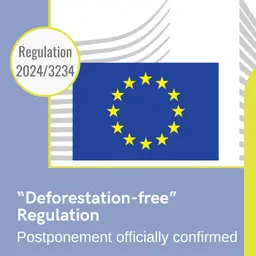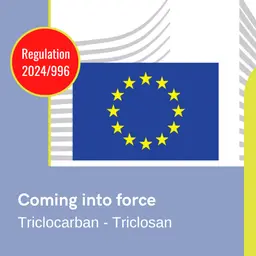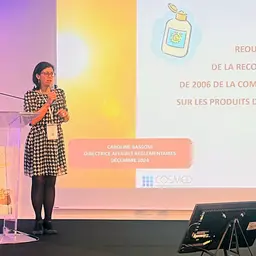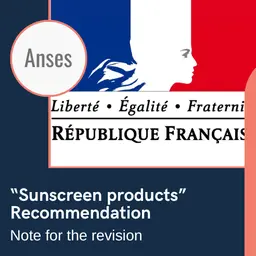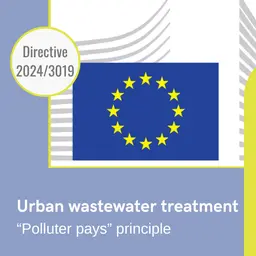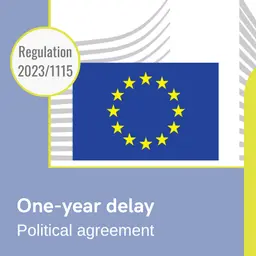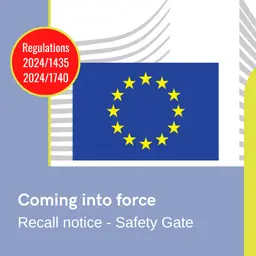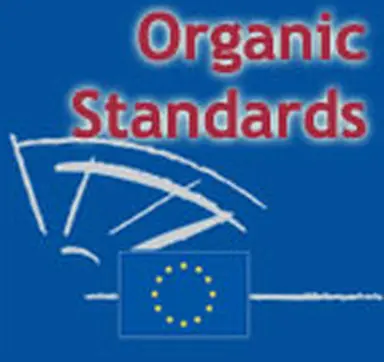
On March 1st, the European Commission has reminded the professionals of the cosmetic world that advertising claims by some certification bodies that their labels meet the requirements of a European standard are misleading for consumers, and lead to unfair competition. Are NaTrue (established in 2008, and already seeable on packaging) and Cosmos-Standard (its certification processes have been launched, though 2012 will not see the logo on labels) targeted? Up to now, Brussels affirms, there is nothing as a European harmonized standard to define natural and organic cosmetics.
Press release
Today, there is no European harmonised standard which sets criteria for natural and organic cosmetics. However, it seems that some European certification bodies advertise their integrated standards as the European harmonised standard for natural and organic cosmetics. This practice leads to unfair and misleading information for consumers and disruption of the internal market. Therefore, it cannot be accepted.
A working group is established
Concerning criteria for claims used in relation to cosmetics, the Commission services have been working on the implementation of Article 20 of Regulation (EC) No 1223/2009 (EU Cosmetics Regulation). In this context, DG Health and Consumers (DG SANCO) established in 2010 a working group to look at claims currently used in respect of cosmetic products and to identify some claim categories for which the use of specific common criteria should apply.
The group agreed that its first objective was to develop common general criteria for all types of claims used with respect to cosmetic products, including natural and organic claims. Once general criteria are established, the group will consider whether more specific criteria are necessary for natural and organic claims.
An ISO standard on the way
It was noted that an International Organization for Standardization …




